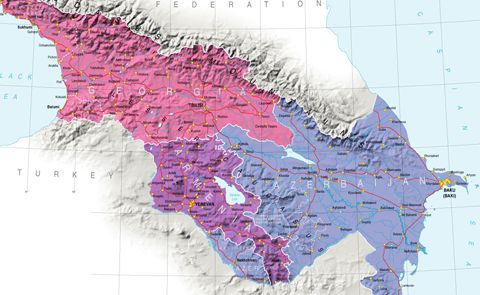
Proposal to Restrict Azerbaijan's PACE Delegation Powers Sparks Controversy
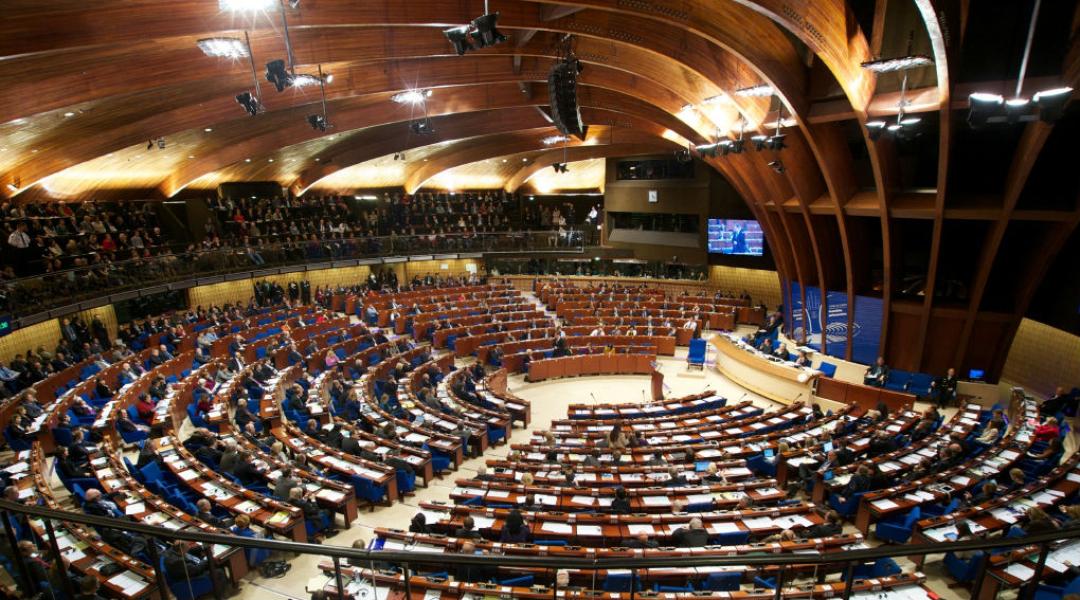
On January 22, the first day of the winter session of the Parliamentary Assembly of the Council of Europe (PACE), a proposal was made to limit the powers of the Azerbaijan delegation within the body. This initiative, presented by PACE member Frank Schwabe from Germany, cites non-compliance with obligations and lack of cooperation as grounds for the proposal.
Schwabe expressed concerns about restricted access for PACE reporters in Azerbaijan, with limitations on their ability to visit political prisoners and the Lachin corridor. He also highlighted the absence of invitations for election observation and ongoing issues like the alleged presence of new political prisoners, undemocratic elections, and the expulsion of over 100,000 people. Schwabe argued that the only option is to challenge the credentials of Azerbaijan's delegation to PACE.
Rafael Huseynov, a member of Azerbaijan's PACE delegation, characterized this move as pressure on Azerbaijan. He stated that the primary goal is to exert significant pressure on the country, particularly under the influence of foreign forces, primarily France. Huseynov rejected this approach, emphasizing that the Council of Europe should be a platform for dialogue and that such biased goals attack the organization's philosophy.
Moreover, Samad Seyidov, the head of the Azerbaijani delegation, was elected vice-president of PACE. The election took place on the first day of the session, and vice presidents serve until the next session.
The PACE Monitoring Committee is set to issue a report on this matter within the next 24 hours, and the PACE Committee on Procedural Rules, Immunities, and Institutional Affairs will provide an opinion. PACE is scheduled to discuss and vote on the powers of the Azerbaijan delegation on January 24.
See Also

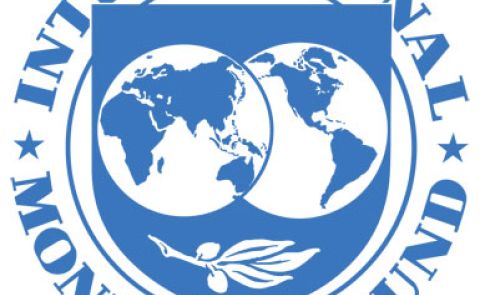
IMF Predicts Rising Strategic Reserves, GDP Growth, and Inflation Stabilization for Azerbaijan by 2030
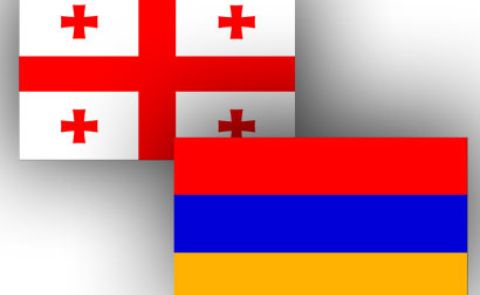
Armenian Officials and Georgian President Discuss Strategic Cooperation, Peace Efforts, and Regional Stability in Yerevan
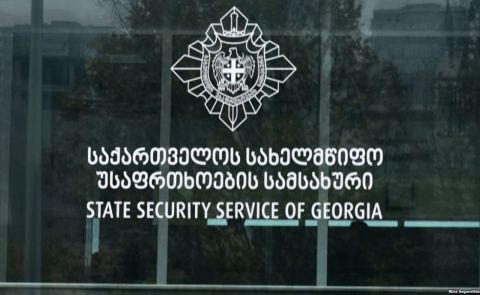
State Security Service of Georgia Identifies Occupation and Annexation as Primary National Security Challenge in 2024
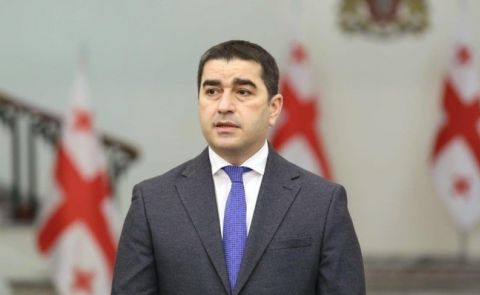
Shalva Papuashvili Criticizes EU for Misusing Funds, Warns of Continued Harm to Georgia’s Democracy
